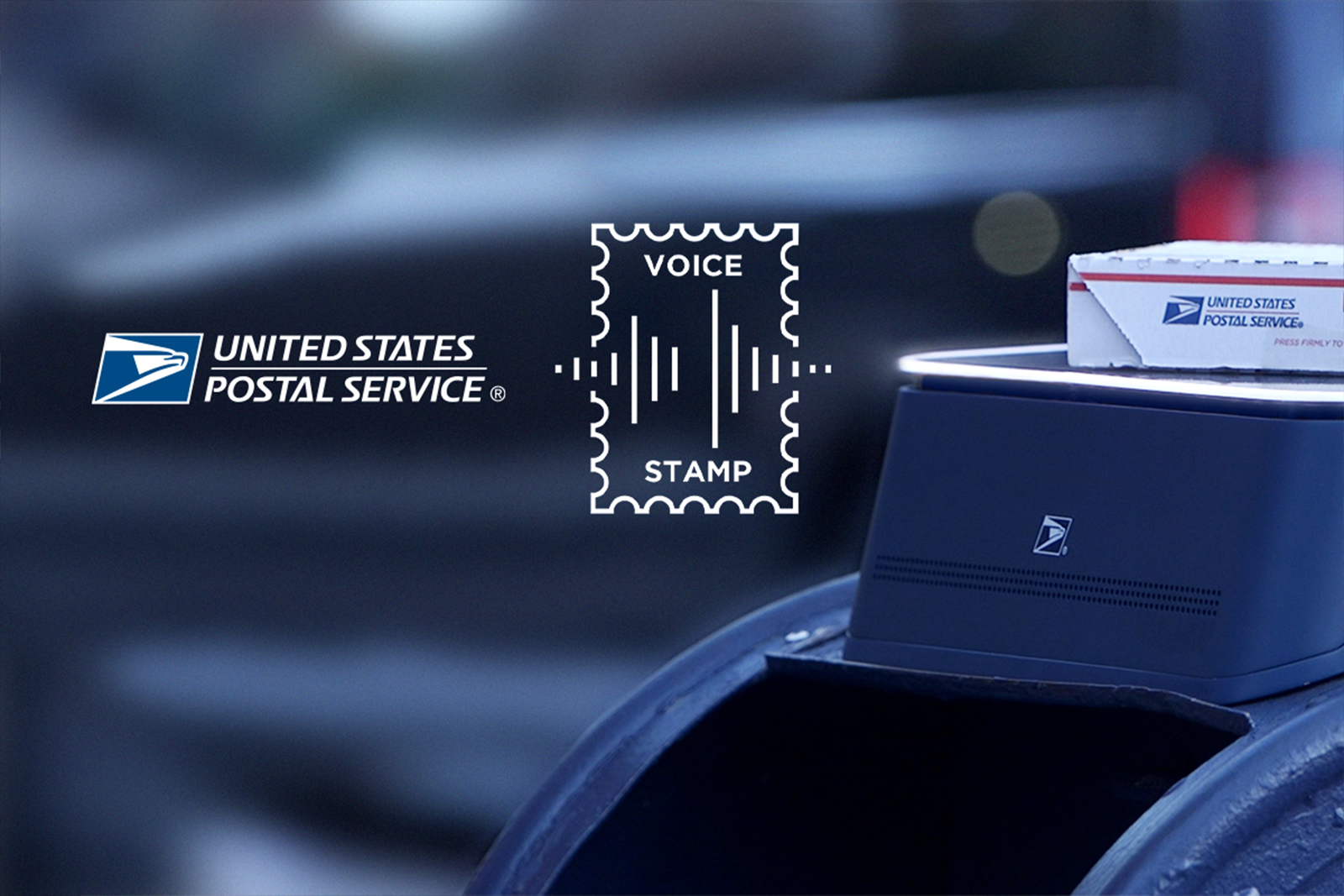Alzheimer’s Society
My Carer
Helping people with dementia stay independent
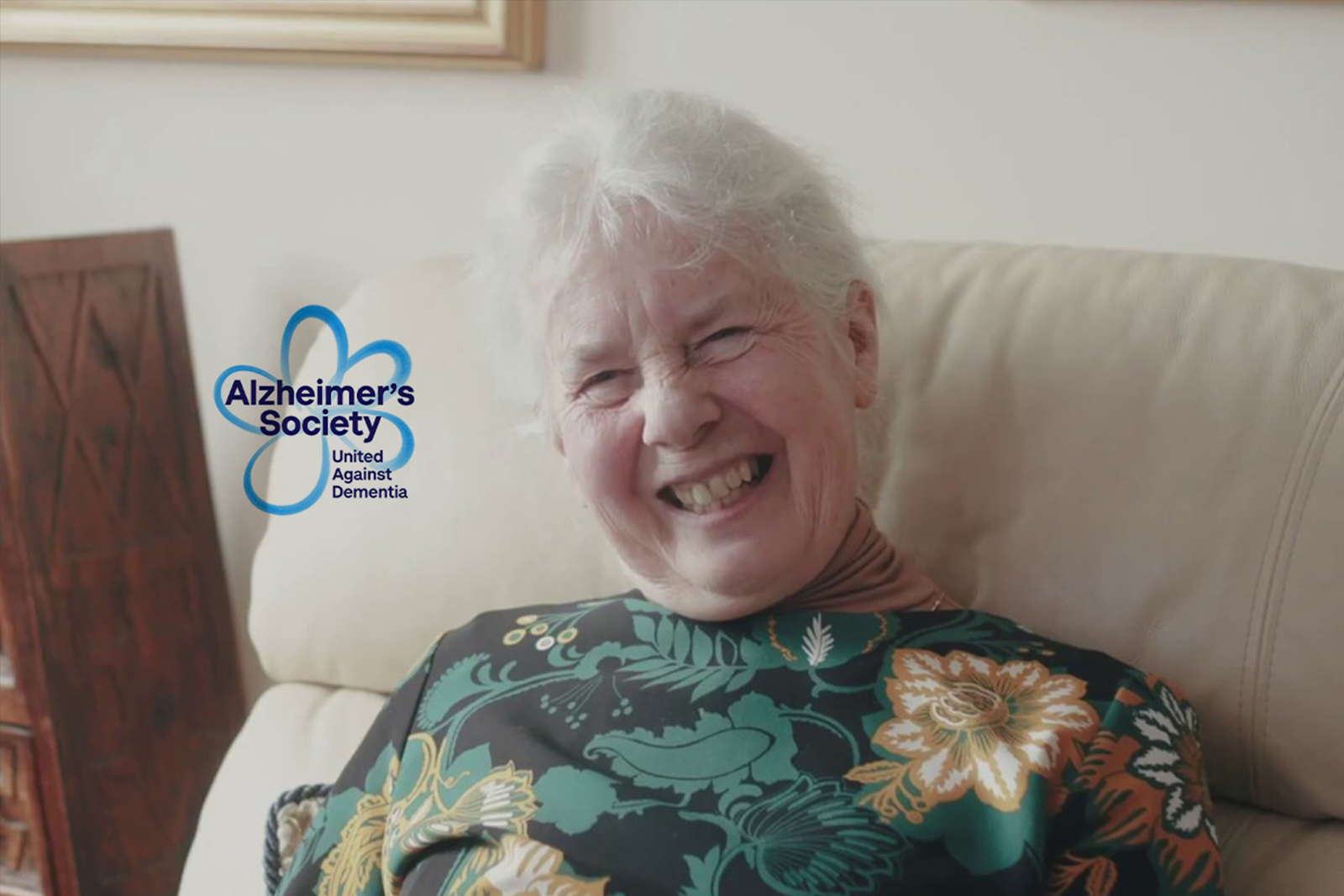
There are 850,000 people with dementia in the UK, predicted to rise to 1 million by 2025.
My Carer is a voice skill for Alexa that sets up a routine for people living in the early stages of dementia. It not only reminds them what to do, but also guides them, step by step, until they’ve accomplished their daily tasks.
RECOGNITION
Cannes Lions — Bronze x2
London International Awards (LIAs) — Gold, Silver, Bronze
Eurobest — Silver x2, Bronze
There are incredible opportunities to create new or rethink existing services for those who have an immediate need. To this end, we are supported by the latest technological developments to bring inclusion to a new level.
— Hear more behind-the-scenes moments from Mark
Audio Player Modal Window
One of the big moments was definitely when our entry for the hackathon was confirmed and we were invited by Amazon to participate in the two-day hack-a-thon at the Cannes Festival. So this was definitely a big point. And before, the UK team and I had never met in person. So coming together and hitting the ground running was a really great experience.
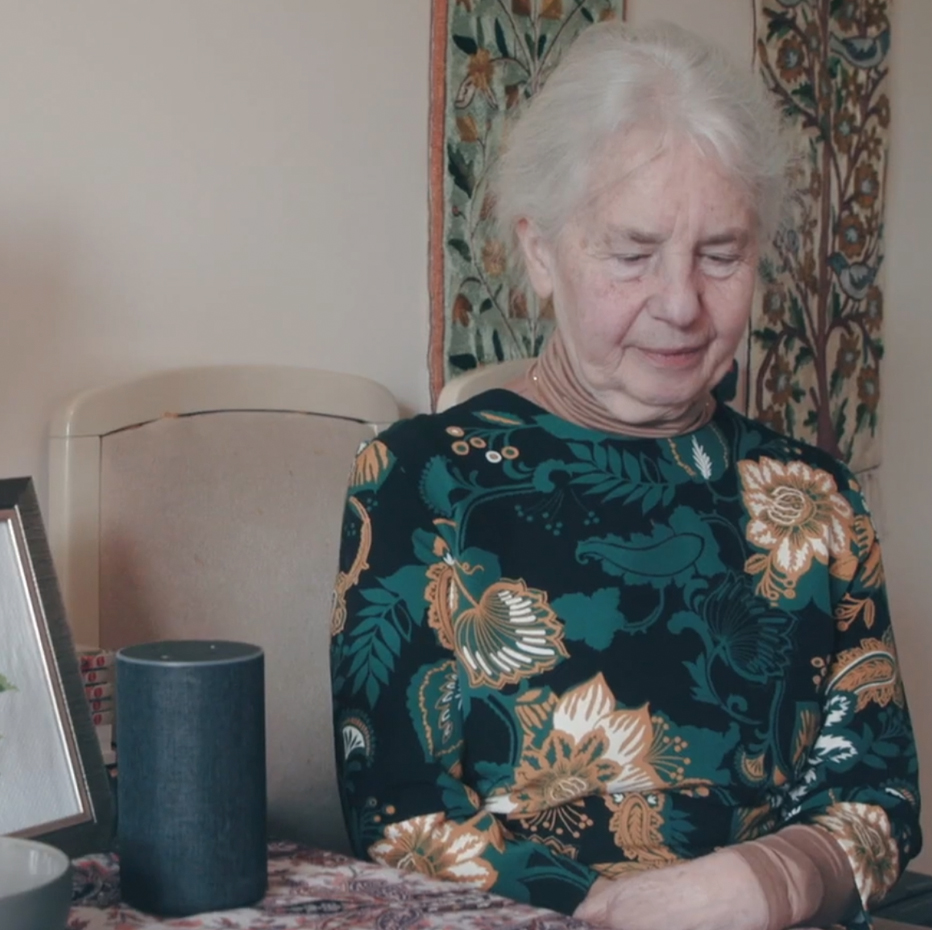
Looking at previous research made by the Alzheimer Society and interviewing people living with dementia, we discovered certain difficulties associated with learning new things.
We also found that establishing consistent routines can offer calm and reassurance, for both the person with dementia and those around them.
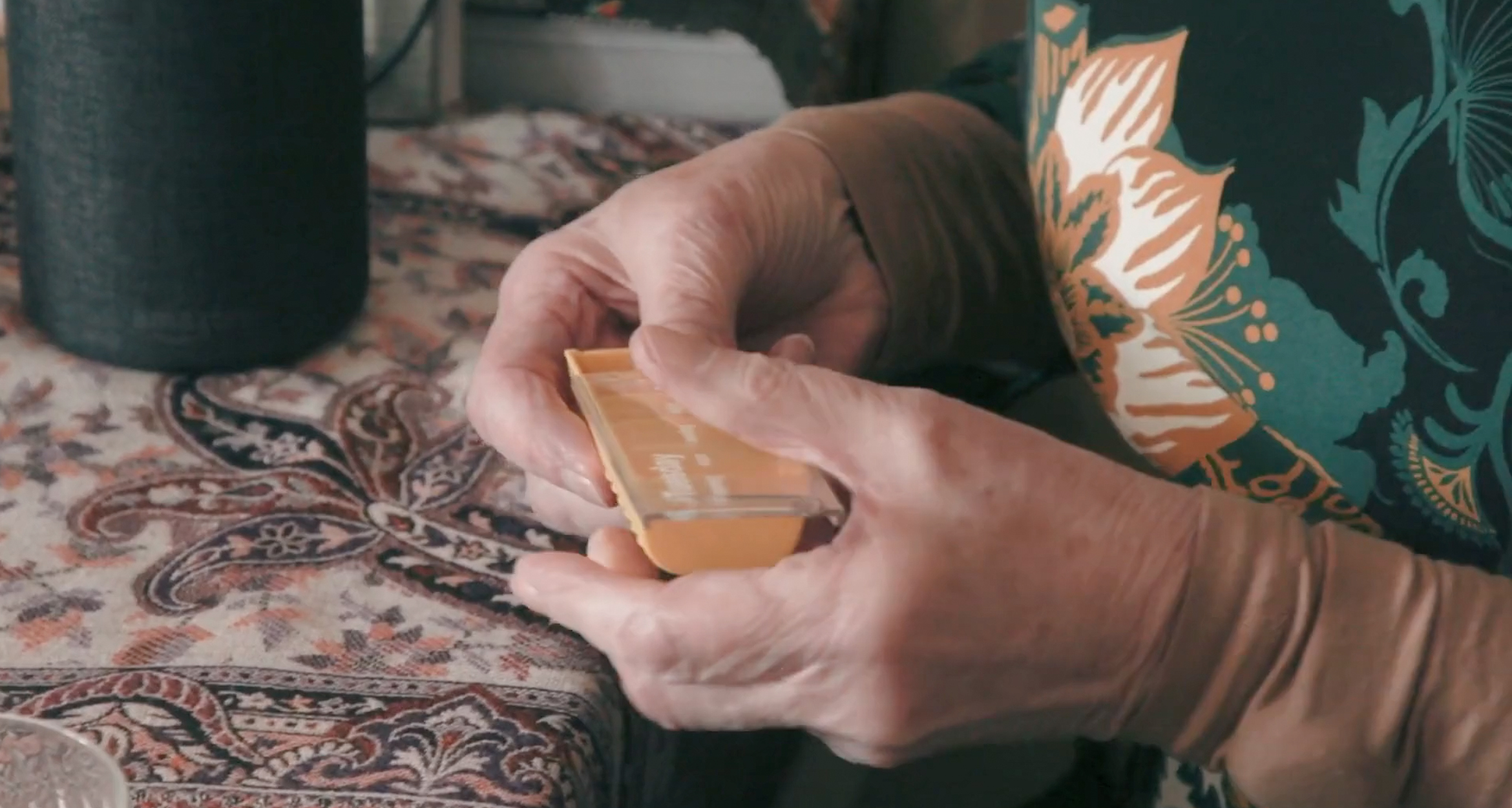
- Video 1
The My Carer skill helps provide to exactly that — a way for people living with early-stage dementia follow a daily routine and retain their independence.
Whether reminding them how to take medication or prepare their lunch, My Carer provides an intuitive guide for every task.
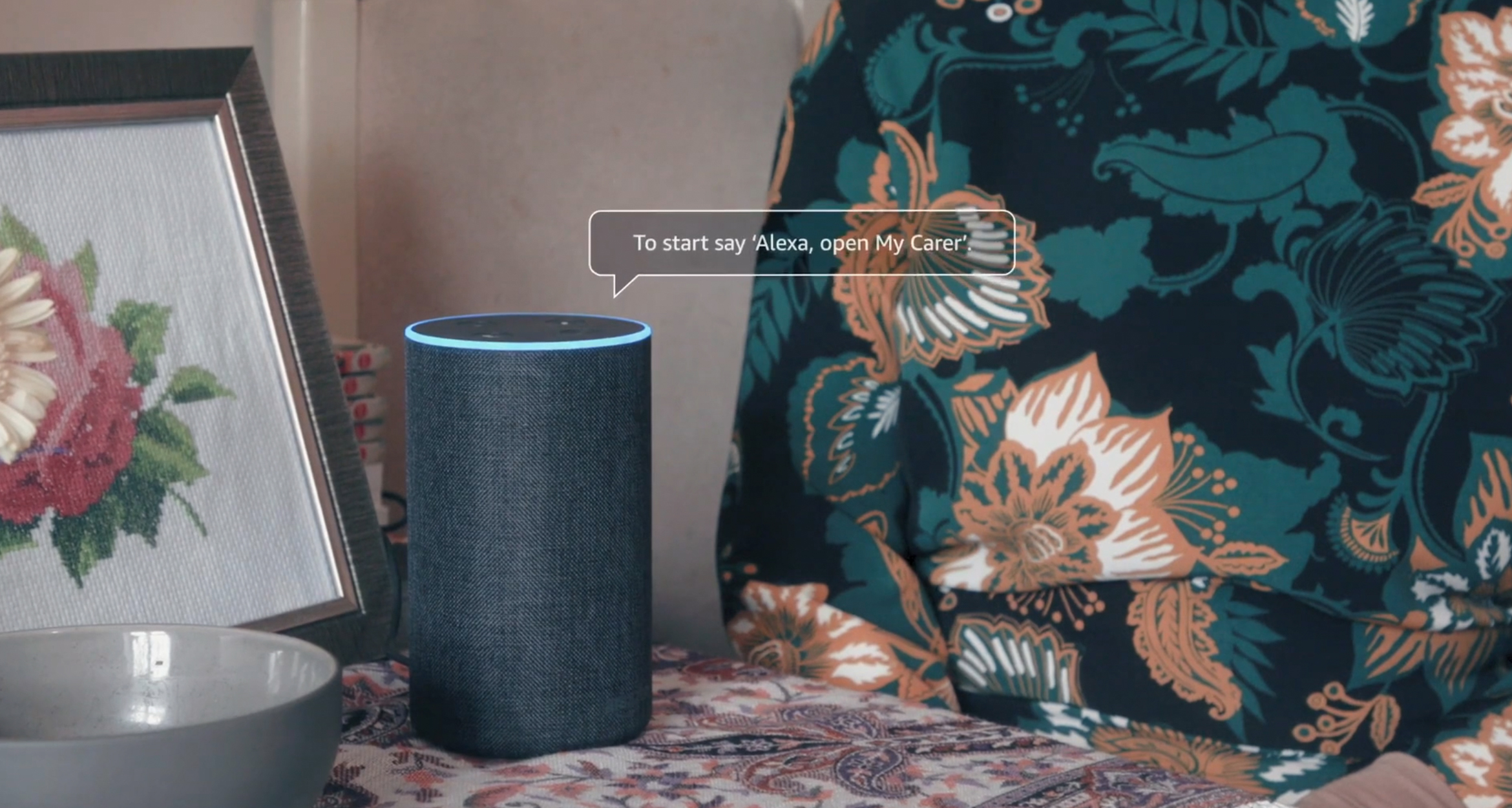

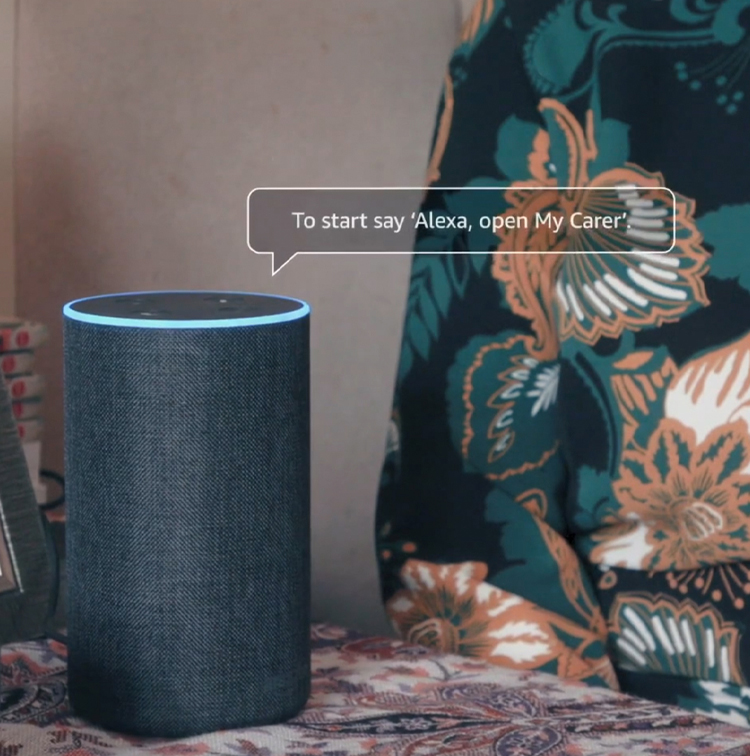
Functionally, the skill will ask them if they’ve completed their task, and if not, it will remind them to do it again until the task is finished. Then, if a patient doesn’t reply to the skill, a notification will be sent to a relative or caregiver.
And thanks to the inherent data collection capabilities, the skill became an extremely beneficial tool for the Alzheimer’s Society, helping them identify and study previously unseen patterns in behavior to better predict the stages of dementia.
And the results show a truly meaningful impact.
ENGAGEMENT
Registered users from more than 25 countries
ACTIVATIONS
Over 1,000 patients
TASK COMPLETION RATE
Over 70%
(with reminder acknowledgements reaching 90%)

